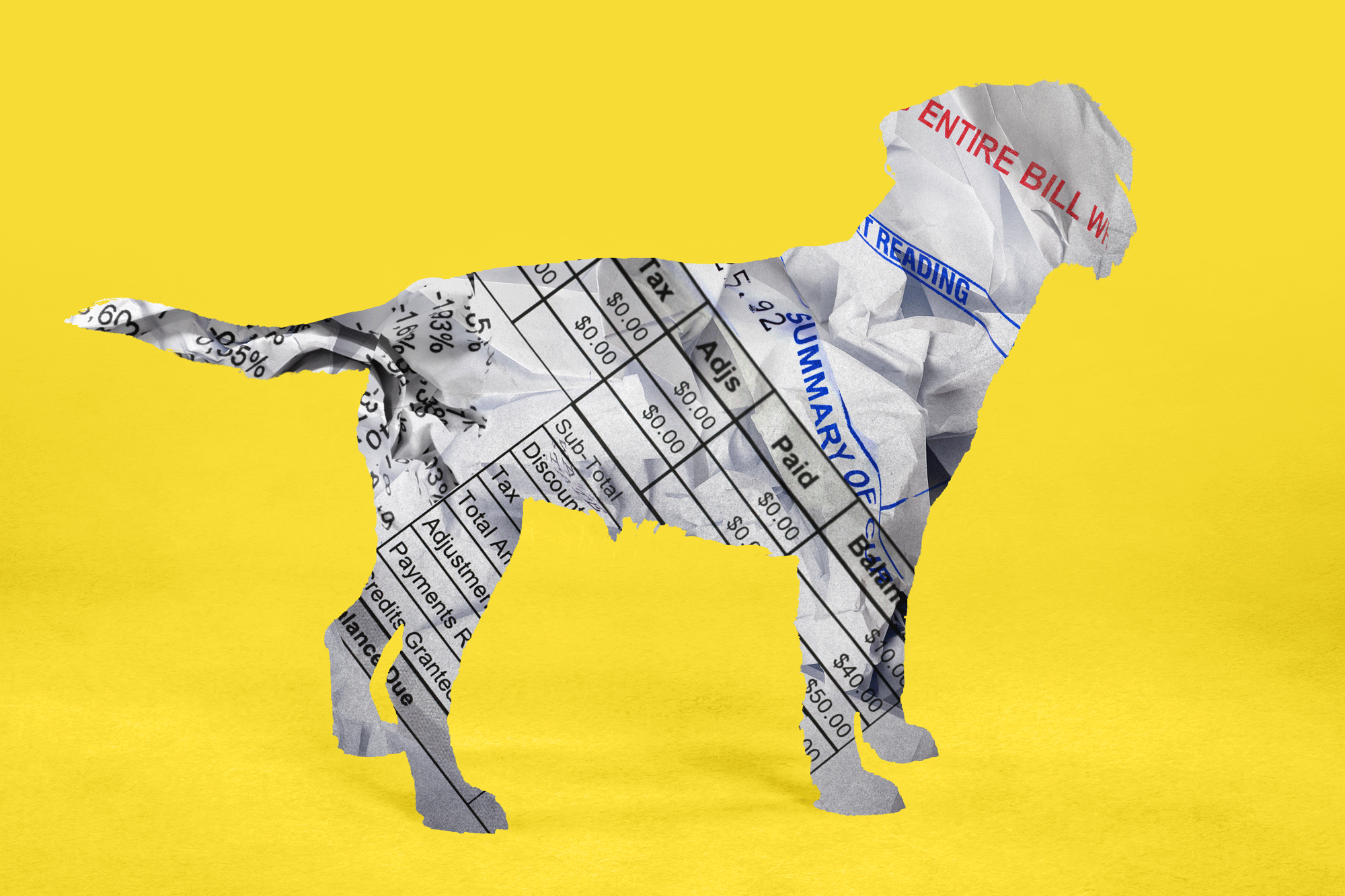OCCUPATION: VETERINARY ASSISTANT
- Share via
Name: Juliann Figueroa
Company: All-Care Veterinary Referral Center
Thumbs up: “I like doing whatever I can to help severely injured animals recover. This office is involved in veterinary specialties not found at smaller clinics. We have veterinary neurologists, cardiologists and oncologists, so I get to participate in a variety of procedures. This winter I’m traveling to Alaska to assist in sled dog research during the Iditarod race.”
Thumbs down: “It’s hard to see animals that have been injured from neglect or mistreatment.”
Next step: “I’m studying to become a veterinarian. In the meantime, I’m learning all I can at work.”
Advice: “Before becoming a veterinary assistant, it’s a good idea to spend lots of time around animals as a volunteer at a Humane Society shelter or animal care clinic. You have to be able to stomach medical procedures and the daily stress of dealing with angry, sick and abused animals. Volunteering is a good way to find out what the job is really like.”
Salary range: Veterinary assistants earn minimum wage to $14 per hour, depending on experience.
Hours: At small clinics, most veterinary assistants work a regular eight-hour day, with some weekend shifts. Some larger clinics are staffed 24 hours a day, requiring evening and overnight shift work.
Educational and training requirements: Most veterinarians train their own staffs. Prior experience working with animals as a volunteer is helpful in obtaining a trainee position. Some veterinary assistants become licensed animal health technicians after completing course work and passing a state certification exam, but no license is required.
Expected demand: Steady.
Job description: Veterinary assistants help veterinarians by performing basic medical procedures, such as monitoring an animal’s vital signs, assisting during surgery, drawing blood, performing lab tests, removing sutures, changing dressings and administering medications.
Major employers: Small veterinary offices and large animal hospitals.
For more information: Contact the Southern California Veterinary Medicine Assn. in Pico Rivera at (310) 948-4979. Mt. San Antonio College’s animal health technician program in Walnut offers both degree and certificate options. Graduates of either program are eligible to take the state certification exam. Call (909) 594-5611, Ext. 4540.
Researched by JANICE L. JONES / Los Angeles Times
More to Read
Sign up for Essential California
The most important California stories and recommendations in your inbox every morning.
You may occasionally receive promotional content from the Los Angeles Times.










